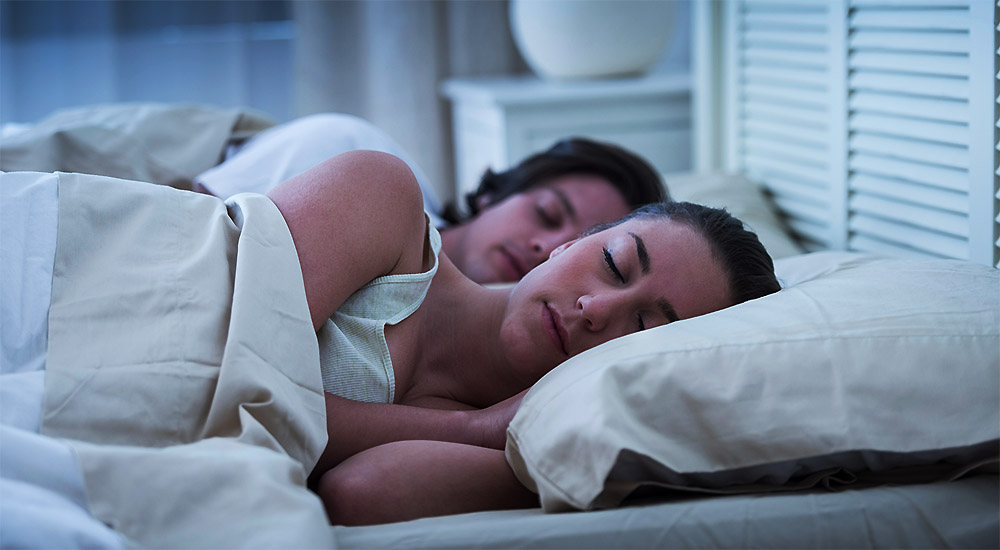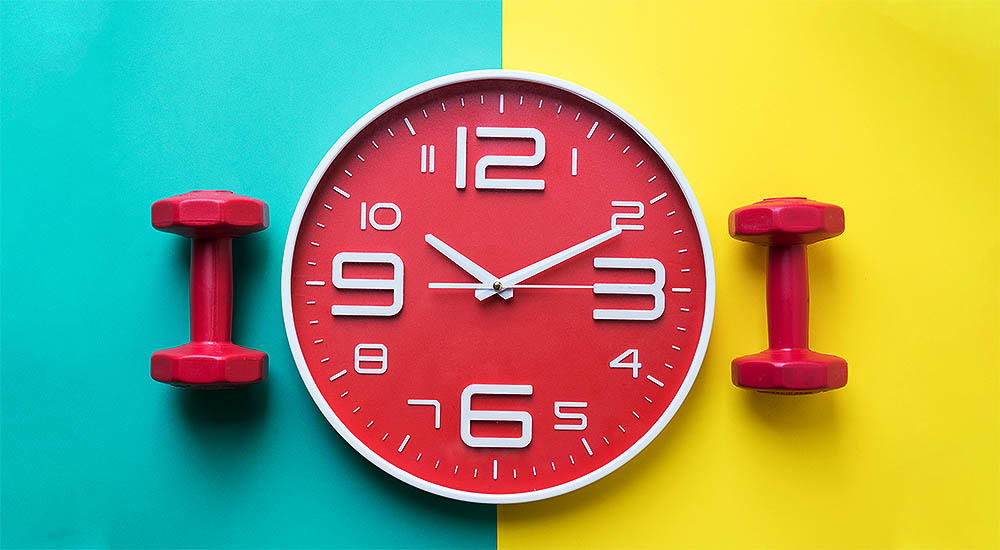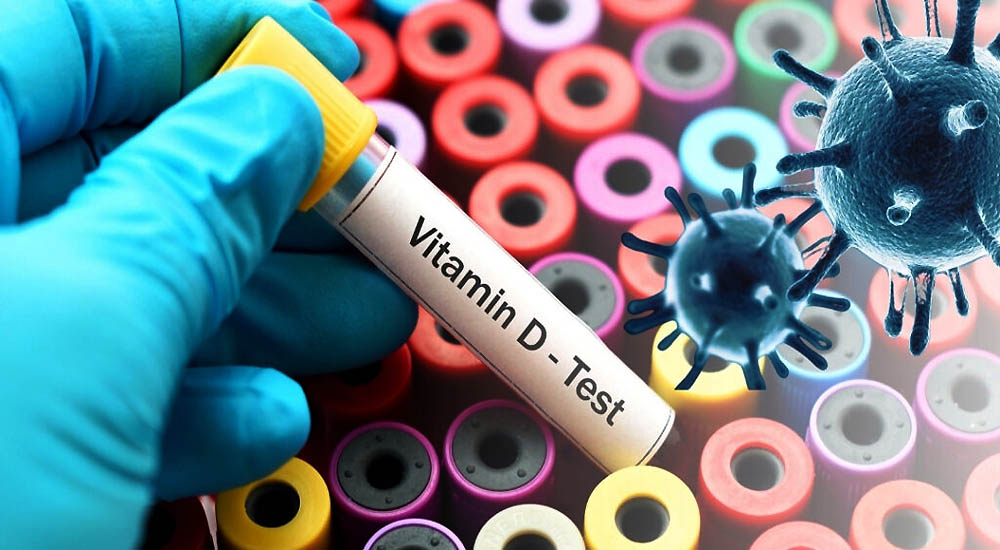How Sleep Affects Your Immune System

Sleep and Fighting Viruses
Where does sleep come into play when discussing immune health?
We are currently in an interesting and stressful time with COVID-19. Everyone wants to ensure their immune system is as robust as possible so that their risk diminishes.
In the New York Times Bestseller, Why We Sleep, Matthew Walker, Ph.D. reviews a number of fascinating studies on sleep and its effect on your immune system.
Do you sleep enough?
If you don’t sleep enough, you’re in a very good company – but it’s an unhealthy company. Two-thirds of adults in the developed nations of the world fail to obtain the recommended hours of sleep.
What is the recommendation? 8 hours.
The consequences to your health of sleeping less than 6 or 7 each night may surprise you.
Demolishing your immune system!
Per Dr. Walker: If you tend to get less than 6 to 7 hours of sleep it “demolishes your immune system, more than doubling your risk of cancer”.
Adequate sleep is also a key factor in whether you’ll develop Alzheimer’s disease – meaning your brain function is at risk with inadequate sleep.
Have you ever noticed that you’re hungrier if you get less sleep? It’s true. If you’re trying to lose weight, you want to ensure adequate sleep.
In summary, it affects most systems of your body, but in this blog, I’d like to focus on your immune system.
Shorter life span
The shorter your sleep, the shorter your life span.
It’s such a problem that the World Health Organization has declared sleep loss an epidemic in industrialized nations.
When you’re sick you want to sleep, why?
When you’re sick, your body wants you to sleep more. Why is that? There is a very intimate relationship between your quality of sleep and the health of your immune system.
During sleep, your body secretes special immune cells to fight infection. When your immune system is under stress it actually “wills” you to sleep more.
If you’ve ever had the bad flu, you’ve experienced this phenomenon.
Here’s how to avoid the cold virus
Dr. Prather from UC San Francisco conducted a fascinating study on the association of sleep and viral susceptibility.
He took 150 healthy men and women and analyzed how many hours of sleep they typically got per night.
They were then put into 4 categories:
- 5 hours of sleep or less
- 5-6 hours
- 6-7 hours
- More than 7 hours
He then proceeded to shoot the rhinovirus (cold virus) up their noses. Yes, they willingly participated in this experiment.
There was a clear relationship between the hours of sleep and the infection rate.
Those participants falling in the least number of sleep hours (5 or less) developed the rhinovirus or common cold at a rate of 50 percent.
Those who sleep the greatest number of hours (7 or more) got ill at a rate of 18 percent.
Can you “catch up” on the weekend?
Unfortunately, several bad nights of sleep are not easily “made up for” with getting more hours.
Per Dr. Walker, “it doesn’t require any night of short sleeping before the body is rendered immunologically weak.”
Cutting your immune strength by 70%
Dr. Irwin from UCLA performed amazing studies that revealed how quickly your immune cells can become compromised due to lack of sleep.
He took healthy young men and allowed them to sleep for 4 hours – for just one night.
After just a single night of 4 hours of sleep, their immune defense cells (natural killer cells), were diminished by 70 percent.
Have I gotten your attention?
I see hundreds of new patients every single month. I try to always ask them how much sleep they get. I also check on sleep quality.
What you CAN do something about is how long you spend in bed. If you think you can’t afford the “luxury” of 8 hours of sleep, think again. It’s your life, of course, but to shorten it unwittingly would be a shame.
Plus, weakening your immune system at any time, let alone at this time in history, is clearly something you want to avoid.
Poor sleep quality
Choosing to not get enough sleep is one thing. Being unable to get adequate sleep is another.
Insomnia, having trouble falling asleep or staying asleep is a different problem. So too is awakening in the morning after sleeping but feeling exhausted.
Getting to the root cause of poor sleep quality
Here at Root Cause, we have excellent success solving the problem of insomnia, without the use of medication.
Often we find an imbalance of the immune system, the topic of this blog. Also, the digestive system and hormonal imbalance can be involved.
We’re here to help
If your sleep is poor or your immune system is weak, we are here to help.
We have the tools to discover why you’re having trouble. It’s not difficult as long as you’re ready to make some dietary and lifestyle changes. If that sounds daunting, don’t worry. We will hold your hand through the changes and make each step of change an easy one.
Do you need help with your health?
We have the diagnostic and testing tools, the clinical experience, and a different medical approach to discovering the root cause of why you have the symptoms that are bothering you. As long as you are ready to make some dietary and lifestyle changes, we can help you. We will "hold your hand" through the changes, step by step, to make each step an easy one. We are located in Clearwater, FL, at 1000 S Ft Harrison, at the corner of Ft. Harrison Ave. and Magnolia St. There is plenty of parking space directly accessible from Ft Harrison. If it is not convenient for you to come to Root Cause Medical Clinic, we offer telehealth/telemedicine consultations to residents of certain states. Call us for details.
Contact us for a Consultation – Call 727-335-0400

Dr. Vikki Petersen DC. CCN
Founder of Root Cause Medical Clinic
Certified Functional Medicine Practitioner
Dr Vikki Petersen is a public speaker, author of two books, several eBooks and creates cutting edge content for her YouTube community. Dr Vikki is committed to bringing Root Cause Medicine and its unique approach to restoring health naturally to the world.
Ask a Doctor
Have a health concern you'd like to speak with a doctor about? Or just want clarity on a subject? Ask Us!


